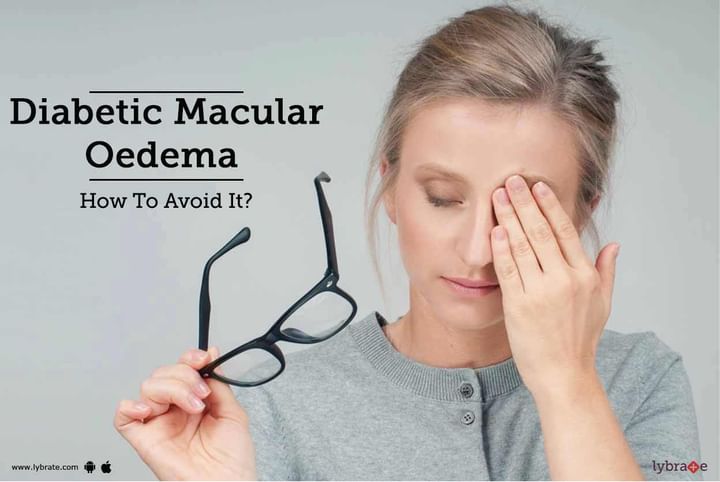Diabetic Macular Oedema - How To Avoid It?
The diabetic eye is considered to be the leading cause of blindness among the working age. It is usually caused by the change in the blood vessels on the retina of the eye. Retina is that layer of the eye which is light sensitive. In the case of diabetic macular oedema, the blood vessels cause the fluid to leak into the retina.
How does diabetic macular oedema cause vision loss?
The loss of vision only occurs when the fluid reaches the macula. Macula is the center of the retina which is responsible for a sharp vision. When the fluid reaches the macula it builds up and causes inflammation. Initially, this is not noticed but with time the diabetic macular oedema causes a change in the vision making it more blurred. A healthy macula is very essential for a good vision.
Who is at risk of diabetic macular oedema?
People with type 1 and type 2 diabetes are at a higher risk of getting diabetic macular oedema. Also, other risk factors are:
1. About 0ne in three people with diabetes develop macular oedema
2. Poor control of blood sugars
3. High blood pressure
4. High cholesterol level
5. Pregnancy
6. In smokers
How to reduce the risks of diabetic macula oedema?
The risk of diabetic macula oedema can be reduced by quitting smoking and to make sure that blood sugar and cholesterol levels are under control. This is achieved by regularly measuring the cholesterol and blood sugar levels.
How is diabetic macular oedema detected?
Diabetic macular oedema can be detected during regular visits to the doctor. Patients with diabetes should be offered screening tests. Digital photographs of the patients can be taken as they show the early signs of diabetic macular oedema, though changes in vision might not be noticed at this time.
What happens when you attend the medical retina clinic?
When you go for an eye checkup you will undergo a comprehensive examination which includes:
1. Visual acuity test: This is a sight test which measures how well you can see the different distances
2. Eye pressure test: This test is done to measure the pressure of the eyes and usually drops which numb the eyes are used when this test is conducted
3. Dilated eye examination: In this the drops are placed in the eye to dilate the pupils and then the back of the eye is examined.
4. Fluorescein angiography: This is a diagnostic test in which an injection of fluorescein dye is given in the hand and then the photographs are taken.
5. Optical coherence tomography: This is done to measure the retinal swelling
Updates From Lybrate: A Good and healthy Diabetic diet of nutritious products can help in managing the diabetes problem. You can check out diabetic dietary supplements available on Lybrate.



+1.svg)
